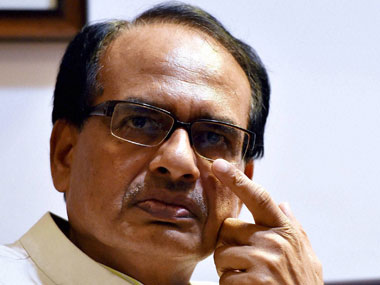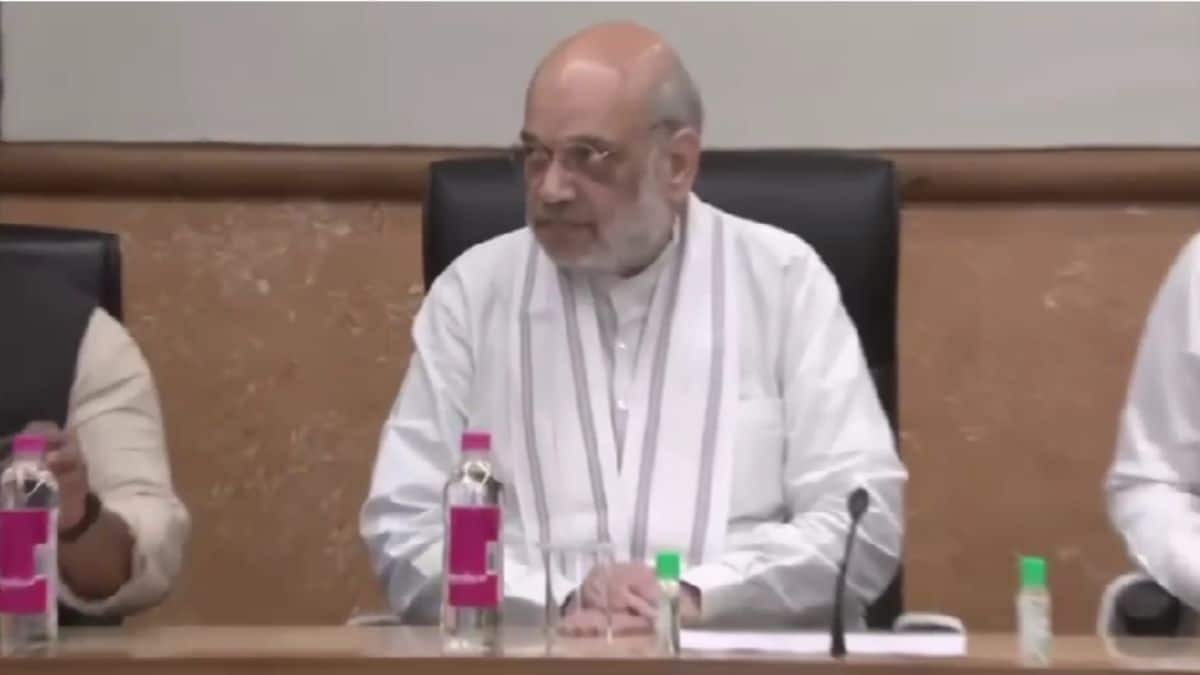On Tuesday, the Madhya Pradesh Assembly unanimously passed a bill that states that perpetrators who are found guilty of raping 12-year-old girls or younger will be receive death penalty. The cabinet headed by Chief Minister Shivraj Singh Chouhan has approved the bill recently, and will be sent to the Centre. Thereafter, the Bill will be sent to the president for his assent before it becomes law. The bill is called the Dand Vidhi (Madhya Pradesh Sanshodhan) Vidheyak, 2017, and was introduced in the House by Rampal Singh, the Law and Legislative Affairs Minister. The bill provides for death penalty or minimum term of 14 years rigorous imprisonment as punishment for the rape of girls aged 12 or under. For gangrape of minor girls, the minimum punishment has been increased to 20 years of rigorous imprisonment. The bill also proposes punishment for sex on the pretext of marriage and stalking, and for second and subsequent offences, the prison term increases. The Madhya Pradesh bill amplifies the present punishment under section 376 of the Indian Penal Code for rape and gangrape of minors. The chief minister said that perpetrators of such crimes have “no right to live”. The bill comes soon after the release of
the 2016 report of the National Crimes Records Bureau (NCRB) that indicated that Madhya Pradesh is one of the top three states, after Uttar Pradesh and Maharashtra, where there are maximum charges (4,717) framed under the Protection of Children from Sexual Offences Act, 2012 (POSCO). The NCRB report also suggests that Madhya Pradesh is the state with the maximum number of rape cases (4,882 out of nearly 39,000 reported rapes) in the country. Initially, the bill was introduced by the state government as a reaction to the rape of a minor girl in October who was returning from her coaching centre. “There are people in society who can be set right only by severe punishments. It [the legislation] will deal with them. We will also raise awareness in society against such crimes,”
PTI quoted Chouhan as saying. [caption id=“attachment_4189877” align=“alignleft” width=“380”] File image of Madhya Pradesh chief minister Shivraj Singh Chouhan. PTI[/caption] However, one wonders whether a legislation with a stringent punishment can change the scenario vis-à-vis sexual assault and rape in the country.
According to Dr. Anup Surendranath, Director of the Centre on the Death Penalty, National Law University, Delhi, a lot of sexual violence against children is caused by family members and other known people and this contributes to significant under-reporting of the crime. “Harsher punishment like the death penalty is only going to worsen that problem. The issue itself is extremely complicated that requires well thought out responses rather than this sort of political grandstanding,” The Print quoted Surendranath as saying. Keeping this in mind, the Madhya Pradesh bill, if it becomes law, will have an adverse effect. There is a possibility that sexual violence against children are further under-reported in the region. Another issue is the overall safety of children. Perpetrators who fear higher punishment (if at all) might end up murdering the victims. Asmita Basu, Programmes Director of Amnesty International India, says that there is
“no evidence” that death penalty is a more efficient deterrent than prison terms. “The government should, instead, focus on ensuring the certainty of justice rather than increasing the severity of punishment. The Justice Verma Committee and India’s Law Commission have both opposed the use of the death penalty for crimes involving sexual violence,” IANS quoted him as saying. Moreover, the bill does not look at preventive measures for sexual violence against children, especially ensuring their safety and security from both direct and indirect violence. It does not put out any measures to combat sexual assault or rape of minors, and this makes such a bill regressive and against human rights norms of the country. The bill also does not take into account that most perpetrators who commit crimes against children are known to them.
A study by NLSIU’s Centre for Child and the Law states that in 70 percent of these cases, the accused is known to the victim. Sometimes in such cases, the children turned hostile because the perpetrator was the father or a close relative. In such cases, the bill’s harsher punishment is likely to silence the victims altogether as they might feel guilt for sending their family members to jail. Besides this, there are two significant issues that are alarming at this point, keeping the bill in mind. First off, death penalty is a human rights violation and its use has been immensely arbitrary. Combating one human rights violation with another is not a meaningful solution to the problem of rape. What is needed is a comprehensive set of preventive steps such as awareness of rights, sex education in schools and demanding more accountability in both public as well as private institutions, instead of death penalty. Secondly, the bill talks about the heinousness of rape of minors and does not mention the rape of major women. Is this to say that sexual violence against adult women is not atrocious enough? Has the state cabinet put out steps to combat sexual violence against adult women? If not, what is the rationale for not looking at rape as a crime that affects all girls and women in the state, and just examining it from the perspective of minor girls? In my opinion, the bill should not be celebrated. It is regressive and against the normative standards of human rights. The president should not allow this bill to become law. Instead, Madhya Pradesh and other states that have high incidence and reporting of sexual violence must look at underlying causes and attempt to build a more sustainable model of preventing sexual violence, instead of merely redressing it.
Madhya Pradesh Assembly unanimously passed a bill that states that perpetrators who are found guilty of raping 12-year-old girls or younger will be receive death penalty.
Advertisement
End of Article


)

)
)
)
)
)
)
)
)



